Before the dog not yet became pet to be bred, they live outdoors every day, need to worry about the food, and run around, more need to compete for food with other animals. In that period, the dogs eat raw meat, berries, and now, the dog is raised eats the professional dog food, and fresh nutritious cooked meat.
To this end, a new study also got such conclusion: Maybe your dog prefers to eat steak, but its digestive system is adapted to the rice and potatoes. The study also found that, compared to their ancestors wolves, dogs have evolved to a kind of animal that food is more diverse.
The evolutionary geneticist Erik Axelsson, from the University of Uppsala, Sweden, said, in fact, in Eurasia more than 11,000 years ago, the dog was evolved from the wolf, although it still exists objection that when the dog evolution and how to evolve success. Dogs are from wolves members into the family pet, not only containing the ability of getting along with human beings.
Erik Axelsson and his colleagues compared the DNA of dogs and the DNA of the wolf, in order to study what genes play an important role in the domestication process. This transformation
and genetic changes occur at the same time (this also occurs in humans), which will support the point of view of dogs and humans having similar evolutionary history.
Researchers found 12 wolves and 14 varieties of 60 dogs from all over the world to do DNA sequencing. First, they found the single base pair in DNA and base pairs of each gene is different, which can confirm that about 400 million single nucleotide polymorphisms (SNPs).
The study found 36 groups of the gene promoting dog evolution from all 122 groups of genes. The research team recently reported the results in "Nature" magazine. In the brain genes, there are 8 groups involved in nervous system development. These genes make the dog more docile, which explains how the dog to transform to become the best friend of human being.
Even more surprising is that the researchers found the genes can digest starch in the body of a dog. The researchers analyzed 30 groups of copy gene of the dog and found, a kind of protein in the small intestine can break down starch. The researchers noted that the wolf only has two copies, and the results show that the genes of the dog are active more 28 times than the same gene of the wolf. More copies mean more protein. Test-tube studies have shown that the ability of the dog in the digestion of starch (such as wheat and rice) aspects is five times than that of the wolf. Human gene copy is different: the population has the high-carbohydrate eating habits - for example, Japanese - own more copies than African Mu Budi have starch proportion in the diet.
Axelsson said, "We are in a very similar manner to adapt to drastic changes in diet in the process of agricultural development." Dog evolutionary biologist Robert Wayne who did not participate in the study was excited about the results of this study in branch campus of Los Angeles, University of California, United States. He said: "The dogs are different from the wolves. Dogs do not need to eat food like a wolf, dog and human is coevolution as well as human diet.

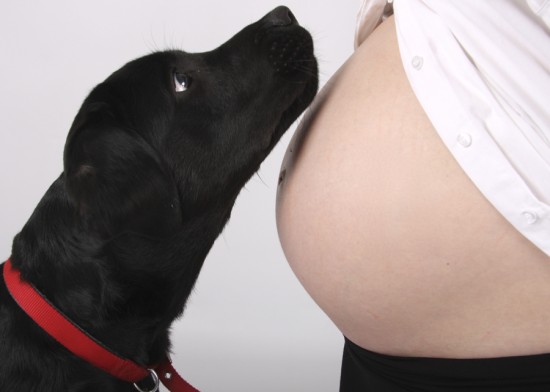 Babies And Dogs... Introducing Your Dog To Your New Baby
Babies And Dogs... Introducing Your Dog To Your New Baby
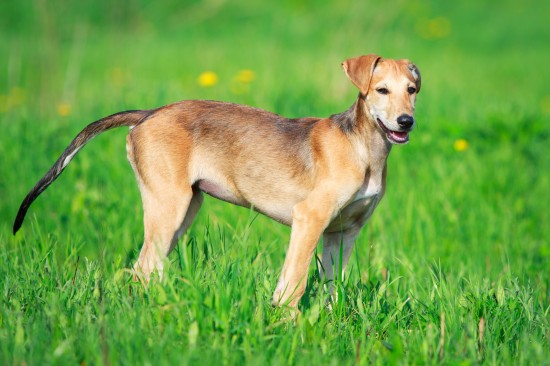 Some Unusual Sighthound Breeds You May Not Know Of
Some Unusual Sighthound Breeds You May Not Know Of
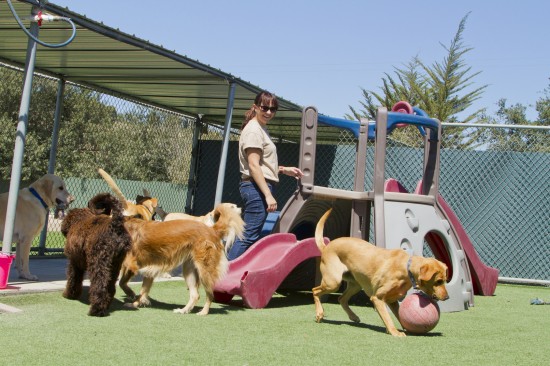 Doggy Daycare - What Is It And Is It A Good Idea For Your Own Dog?
Doggy Daycare - What Is It And Is It A Good Idea For Your Own Dog?
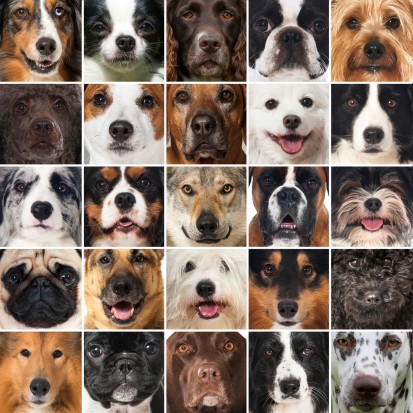 Some Rules To Follow When Narrowing Down Your Search For A New Dog
Some Rules To Follow When Narrowing Down Your Search For A New Dog
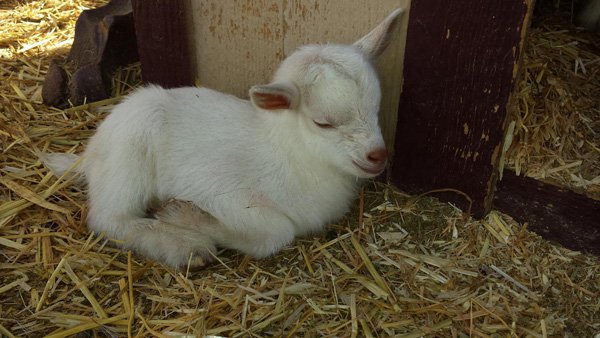 Know How to Make Dog Care More Fun
Know How to Make Dog Care More Fun
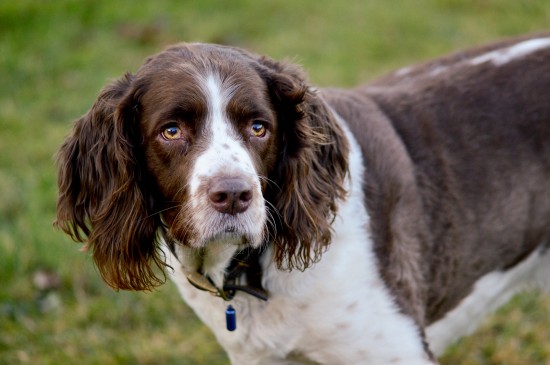 Is A Springer Spaniel The Right Choice Of Dog For You?
Is A Springer Spaniel The Right Choice Of Dog For You?
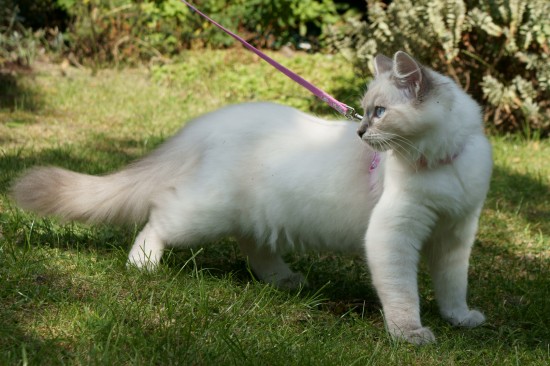 Is Walking Your Cat On A Lead As Crazy As It Sounds?
Is Walking Your C
Is Walking Your Cat On A Lead As Crazy As It Sounds?
Is Walking Your C
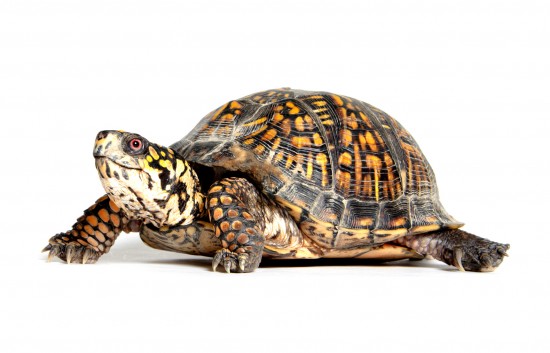 5 Common Species Of Terrapins That Make Great Pets
5 Common Species
5 Common Species Of Terrapins That Make Great Pets
5 Common Species
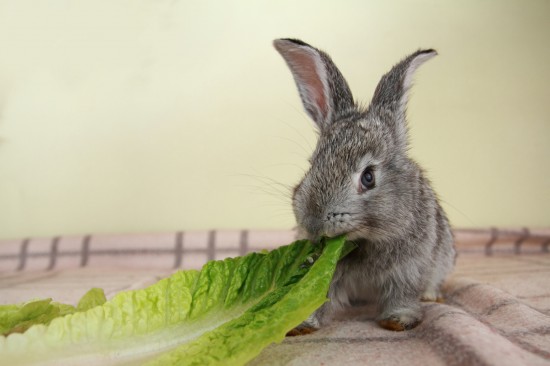 Top Tips On How To Feed A Pet Rabbit
Top Tips On How T
Top Tips On How To Feed A Pet Rabbit
Top Tips On How T
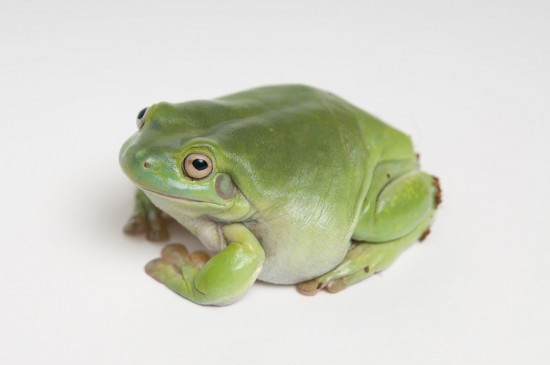 White’s Tree Frogs As Pets
White’s Tree Frog
White’s Tree Frogs As Pets
White’s Tree Frog
 Why And How To Decide Who Would Keep The Dog If Your Relationship Broke Up
Why And How To De
Why And How To Decide Who Would Keep The Dog If Your Relationship Broke Up
Why And How To De